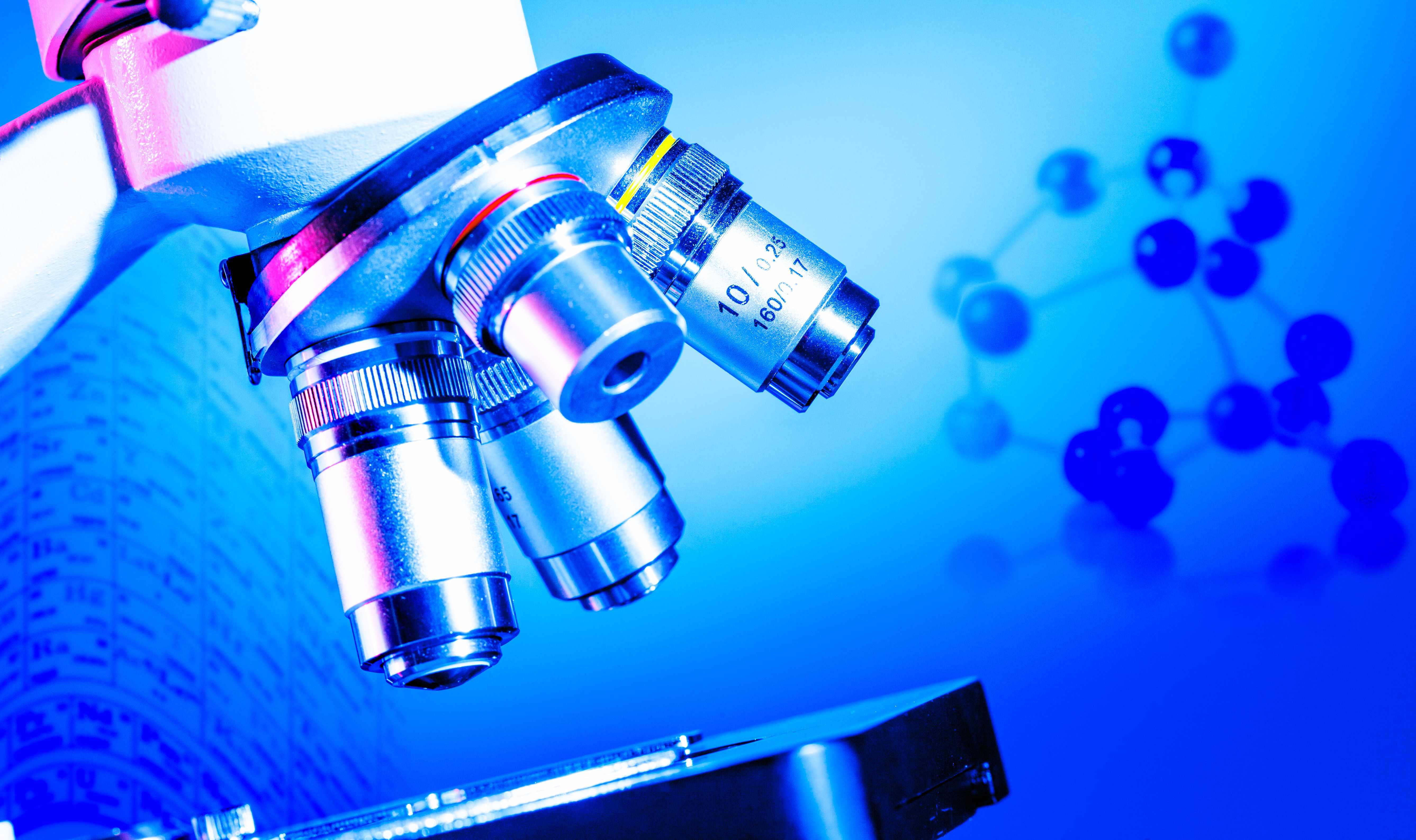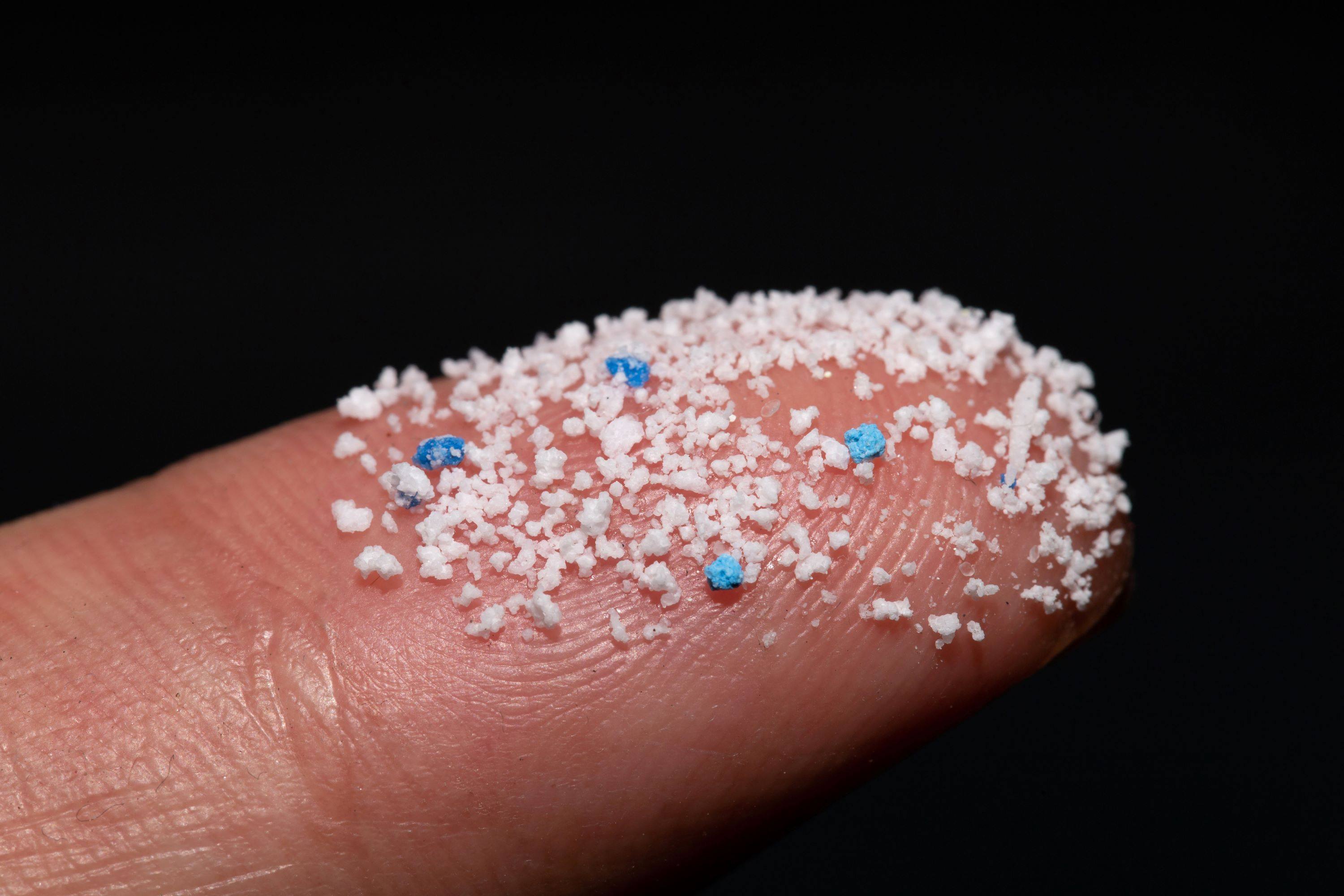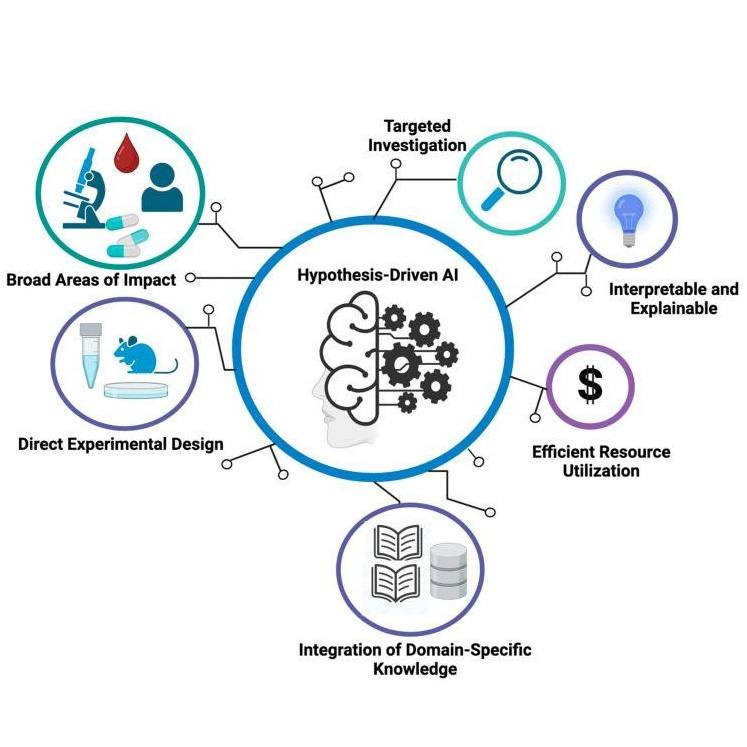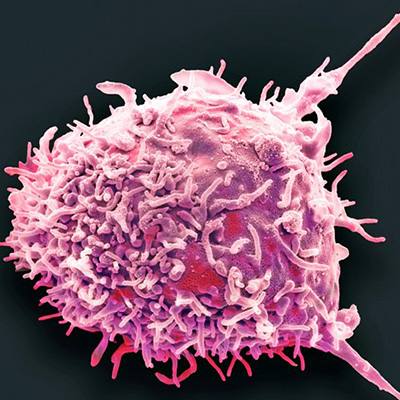-
Individualized Medicine
Mayo Researchers Identify Unique Breast Microbiome and Bacterial Differences Between Healthy and Cancerous Tissue
 ROCHESTER, Minn. — A team of Mayo Clinic researchers has identified evidence of bacteria in sterilely-obtained breast tissue and found differences between women with and without breast cancer. The findings are published in the Aug. 3 issue of Scientific Reports.
ROCHESTER, Minn. — A team of Mayo Clinic researchers has identified evidence of bacteria in sterilely-obtained breast tissue and found differences between women with and without breast cancer. The findings are published in the Aug. 3 issue of Scientific Reports.
“Our research found that breast tissue samples obtained in the operating room under sterile conditions contain bacterial DNA, even when there is no sign of infection. Furthermore, we identified significant differences in the breast tissue microbiome of women with cancer versus women without cancer,” says Tina Hieken, M.D., a breast surgical oncologist at Mayo Clinic. “Our work confirmed the presence of a distinct breast tissue microbiome and that it is different than the microbiome of the overlying breast skin.”
According to the National Cancer Institute, a microbiome is a collection of microorganisms and viruses that live in a specific environment in the human body.
Dr. Hieken says, globally, breast cancer accounts for nearly one quarter of all cancers and is the leading cause of cancer death among women. She says that while there are established risk factors for breast cancer, at least 70 percent of breast cancer cases occur in women of average risk, and current prediction models are poor at identifying risk for individual women.
“Differences in the microbiome have been implicated in cancer development at a variety of body sites including stomach, colon, liver, lung and skin,” says co-investigators Amy Degnim, M.D. a breast surgical oncologist at Mayo Clinic. “There is mounting evidence that changes in the breast microbiome may be implicated in cancer development and the aggressiveness of cancer and that eliminating dangerous microorganisms or restoring normal microbiota may reverse this process,” adds Nick Chia, Ph.D., a microbiome researcher at Mayo Clinic.
MEDIA CONTACT: Joe Dangor, Mayo Clinic Public Affairs, 507-284 5005, newsbureau@mayo.edu
Dr. Hieken says it remains unclear whether small shifts in microbial communities, the presence of a virulent pathogenic strain or the absence of a beneficial one might be responsible for promoting the development of cancer in the breast microbiome. However, she says the findings of this study will spur further research to identify potential causes of breast cancer development and new microbial-based prevention therapies.
Co-authors are:
Tina Hieken, M.D.
Jun Chen, Ph.D.
Tanya Hoskin, M.S.
Marina Walther-Antonio, Ph.D.
Stephen Johnson
Sheri Ramaker
Jian Xiao, Ph.D.
Derek Radisky, Ph.D.
Keith Knutson, Ph.D.
Krishna Kalari, Ph.D.
Janet Yao
Larry Baddour, M.D.
Nicholas Chia, Ph.D.
Amy Degnim, M.D.
All co-authors are from Mayo Clinic.
The authors wish to thank the women who participated in this study and Michelle Neseth for her administrative support. The study was supported by grants from the American Society of Breast Surgeons Foundation, The Fraternal Order of Eagles Cancer Research Fund, the Mayo Clinic Department of Surgery Research Unit and Mayo Center for Individualized Medicine.
About the Mayo Clinic Cancer Center
As a leading institution funded by the National Cancer Institute, the Mayo Clinic Cancer Center conducts basic, clinical and population science research, translating discoveries into improved methods for prevention, diagnosis, prognosis and therapy. For information on cancer clinical trials, call the clinical trial referral office at 1-855-776-0015 (toll-free).
###
About Mayo Clinic
Mayo Clinic is a nonprofit organization committed to clinical practice, education and research, providing expert, whole-person care to everyone who needs healing. For more information, visit http://www.mayoclinic.org/about-mayo-clinic or https://newsnetwork.mayoclinic.org/.
Related Articles







